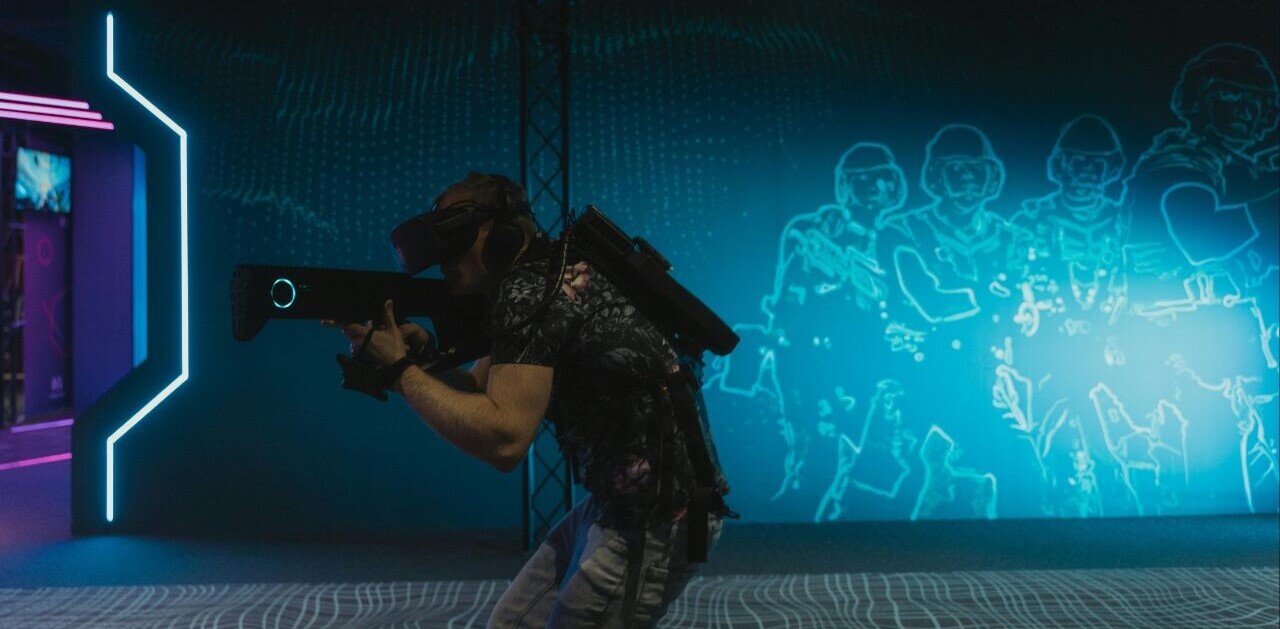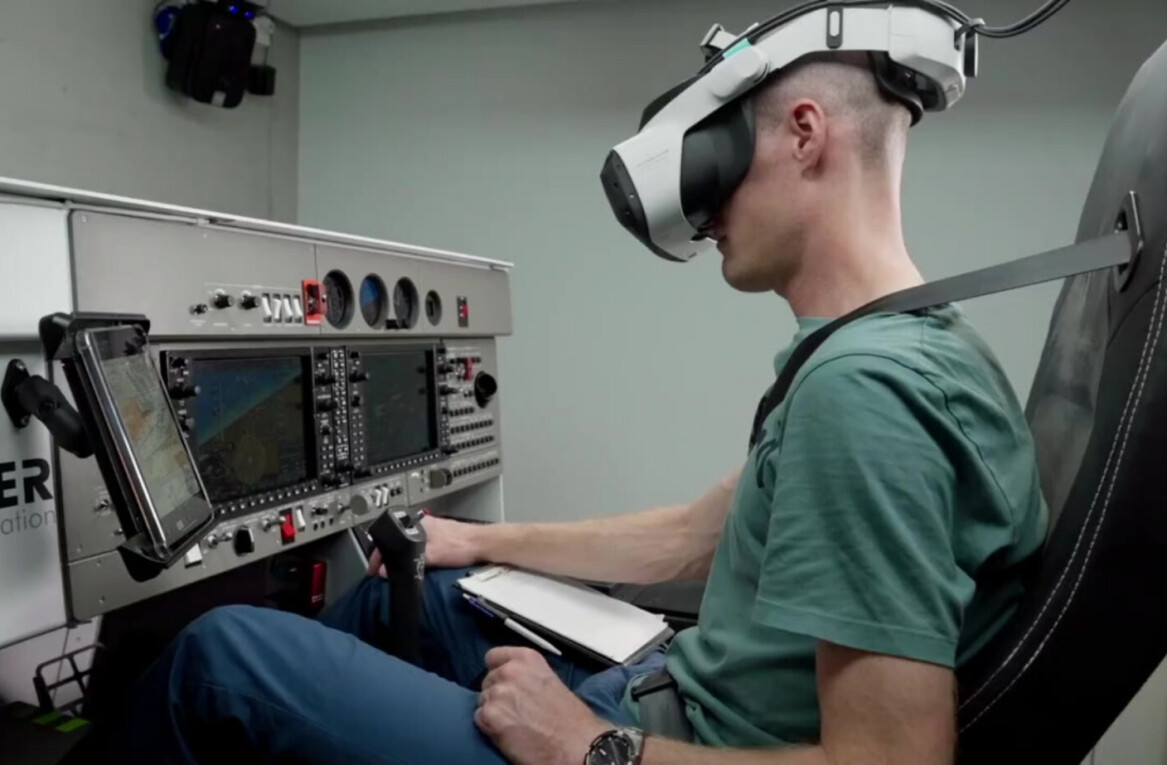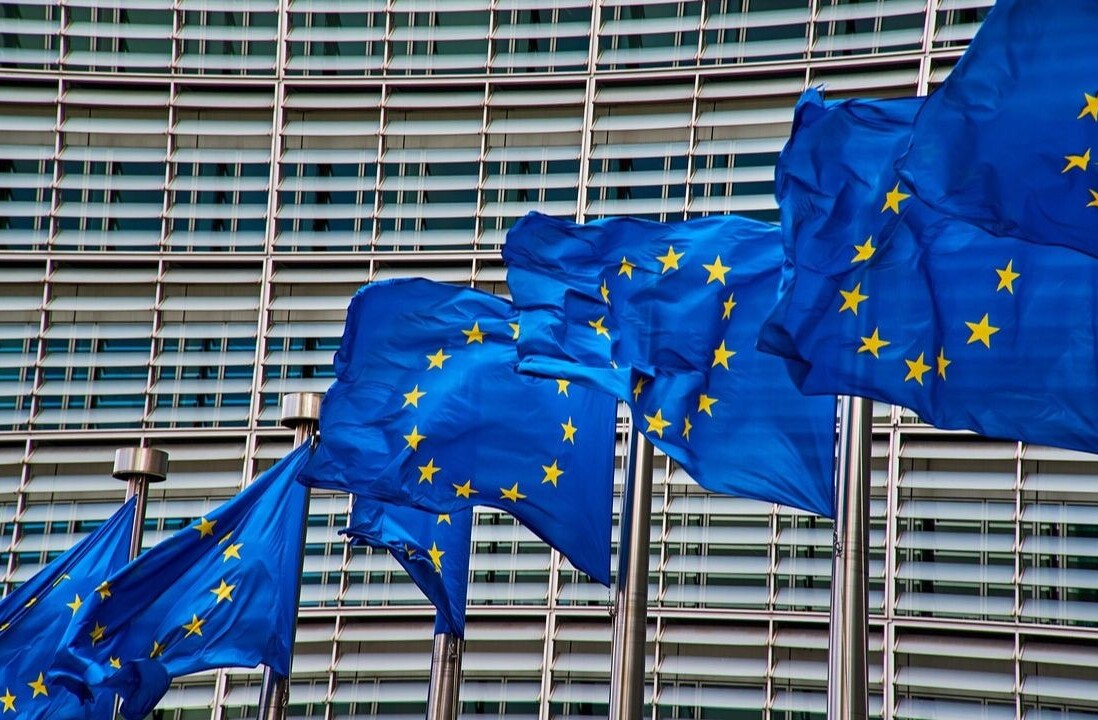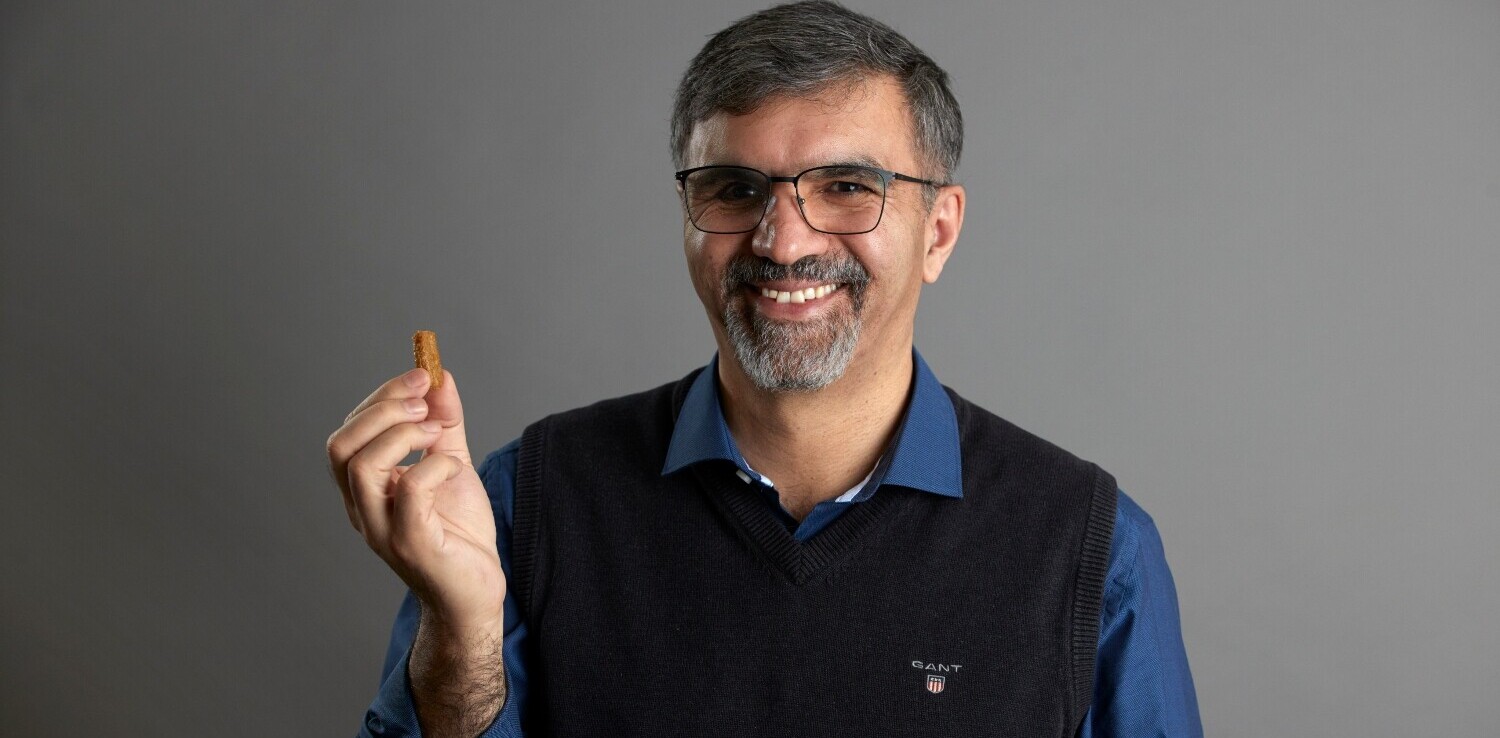
Amsterdam-based scaleup Lumicks has secured €20mn from the European Investment Bank (EIB) to accelerate the discovery of immunotherapy drugs for cancer.
The venture debt funding will help Lumicks further develop and market its cell avidity analyser, a machine with the potential to transform the way researchers study and develop treatments for Europe’s second most deadly disease.
Lumicks’ tech allows scientists to gather real-time data on the bonds between immune cells and cancer cells. Unlike traditional methods, which rely on indirect biomarkers, the analyser precisely measures the actual strength and duration of those interactions directly and in real time. This is critical to figuring out how well these immune cells can target and destroy tumors, leading to more effective cancer treatments.

“By providing deeper insights into cellular interactions, our instruments empower researchers to make faster, better-informed decisions, with the goal of improving success rates in clinical trials and accelerating the development of effective therapies,” said the company’s CEO Hugo de Wit.
Lumicks spun-out from a research group at VU University Amsterdam in 2014. It now employs 180 people from its offices in the Dutch capital.
Back in 2021, the company raised a sizeable $93mn (€85mn) in VC funding from the likes of Softbank and Californian hedge fund Farallon Capital.
This latest round of funding will help Lumicks bring more of its analysers to market. The company’s machines are already hard at work at several academic and commercial institutions including Harvard University, Oxford University, Fred Hutchinson Cancer Research Center, and the labs of US biotech firm INmune Bio.
More and more companies are leveraging advanced technologies like AI, genomics, and machine learning to improve cancer detection and treatment. For instance, Dell and the University of Limerick (UL) in Ireland teamed up last year to advance cancer research using AI. Meanwhile Swedish startup Neko Health has developed a modular body scanner that uses algorithms to assess the risks of diseases including diabetes, heart disease, and cancer.
Get the TNW newsletter
Get the most important tech news in your inbox each week.





